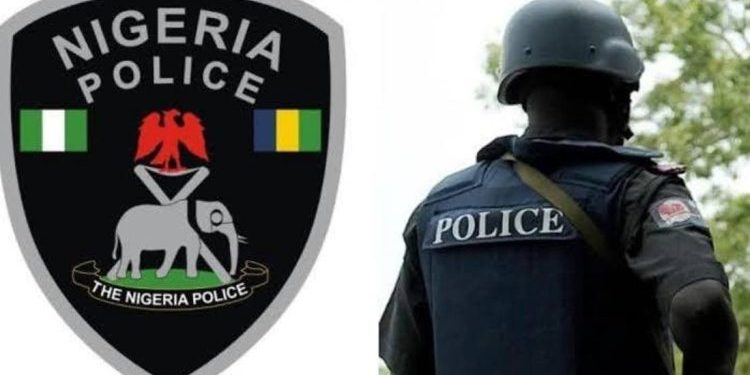Civilians should start arresting gunmen, bandits, kidnappers and other criminals to help the police force tackle worsening insecurity in Nigeria.
The Nigeria Police Force reminded civilians of their responsibility to make arrests.
The force’s spokesperson, Olumuyiwa Adejobi, tweeted this on Wednesday, charging Nigerians to “exercise their powers as people to curb insecurity in Nigeria.”
“INTERNAL SECURITY: It requires our collective responsibility to tackle insecurity in Nigeria. Every citizen (and resident) has a role to play, including me. Sec 30 (sic) of the Police Act 2020 has empowered you to arrest any suspect or criminal, as the case may be,” the police officer said.
He added, “Then, a community that comprises many individuals has more powers to perform wonders in combating crimes and criminality in our society.”
Mr Adejobi’s charge followed hapless Nigerians’ anguish in the hands of unknown gunmen, bandits and kidnappers.
Section 39 of the Nigeria Police Act 2020 said, “A private person may arrest a suspect in Nigeria who in his presence commits an offence, or whom he reasonably suspects of having committed an offence for which the police is entitled to arrest without a warrant.”
There have been calls for the Senate to pass relevant legislation, such as the right to firearms, further to guarantee the safety of lives and property in Nigeria.
In 2021, then-Governor Aminu Masari, in desperation, advised Nigerians to fight bandits with their teeth and not wait for President Muhammadu Buhari’s regime to protect them.
Section 40 and its subsections detailed modalities per civilians making arrests.
“(1) A private person who arrests a suspect shali immediately hand over the suspect so arrested to a police officer or, in the absence of a police officer, shall take the suspect to the nearest police station, and the police officer shall make a note of the name, address and other particulars of the private person making the arrest.
“(4) Where a suspect so arrested by a private person is handed over to a police officer or an official of an agency authorised by law to make arrests, the police officer or official shall take note of the name, residential address and other particulars of the private person making the arrest, and the date, time and other circumstances of the arrest, and where the arrested suspect is taken to the police station or to the agency, the officer shall make the entries in the crime diary.
“(5) The police officer or official to whom the arrested suspect is handed over by the private person shall obtain from the private person who made the arrest a formal witness statement setting out the facts and circumstances of the arrest,” the section of the act explained.






